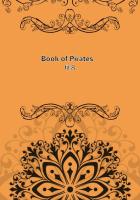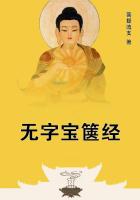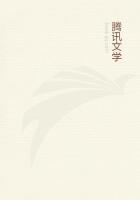Therefore, the greater this product, the less is he himself. The externalization [Entausserung] of the worker in his product means not only that his labor becomes an object, an external existence, but that it exists outside him, independently of him and alien to him, and beings to confront him as an autonomous power; that the life which he has bestowed on the object confronts him as hostile and alien.
Let us not take a closer look at objectification, at the production of the worker, and the estrangement, the loss of the objet, of his product, that this entails.
The workers can create nothing without nature, without the sensuous external world. It is the material in which his labor realizes itself, in which it is active and from which, and by means of which, it produces.
But just as nature provides labor with the means of life, in the sense of labor cannot live without objects on which to exercise itself, so also it provides the means of life in the narrower sense, namely the means of physical subsistence of the worker.
The more the worker appropriates the external world, sensuous nature, through his labor, the more he deprives himself of the means of life in two respects: firstly, the sensuous external world becomes less and less an object belonging to his labor, a means of life of his labor; and, secondly, it becomes less and less a means of life in the immediate sense, a means for the physical subsistence of the worker.
In these two respects, then, the worker becomes a slave of his object; firstly, in that he receives an object of labor, i.e., he receives work, and, secondly, in that he receives means of subsistence.
Firstly, then, so that he can exists as a worker, and secondly as a physical subject. The culmination of this slavery is that it is only as a worker that he can maintain himself as a physical subject and only as a physical subject that he is a worker.
(The estrangement of the worker in his object is expressed according to the laws of political economy in the following way: the more the worker produces, the less he has to consume; the more value he creates, the more worthless he becomes; the more his product is shaped, the more misshapen the worker; the more civilized his object, the more barbarous the worker; the more powerful the work, the more powerless the worker; the more intelligent the work, the duller the worker and the more he becomes a slave of nature.) Political economy conceals the estrangement in the nature of labor by ignoring the direct relationship between the worker (labor) and production. It is true that labor produces marvels for the rich, but it produces privation for the worker. It produces palaces, but hovels for the worker. It produces beauty, but deformity for the worker. It replaces labor by machines, but it casts some of the workers back into barbarous forms of labor and turns others into machines. It produces intelligence, but it produces idiocy and cretinism for the worker.
The direct relationship of labor to its products is the relationship of the worker to the objects of his production. The relationship of the rich man to the objects of production and to production itself is only a consequence of this first relationship, and confirms it. Later, we shall consider this second aspect. Therefore, when we ask what is the essential relationship of labor, we are asking about the relationship of the worker to production.
Up to now, we have considered the estrangement, the alienation of the worker, only from one aspect -- i.e., his relationship to the products of his labor. But estrangement manifests itself not only in the result, but also in the act of production, within the activity of production itself. How could the product of the worker's activity confront him as something alien if it were not for the fact that in the act of production he was estranging himself from himself? After all, the product is simply the resume of the activity, of the production. So if the product of labor is alienation, production itself must be active alienation, the alienation of activity, the activity of alienation. The estrangement of the object of labor merely summarizes the estrangement, the alienation in the activity of labor itself.
What constitutes the alienation of labor?
Firstly, the fact that labor is external to the worker -- i.e., does not belong to his essential being; that he, therefore, does not confirm himself in his work, but denies himself, feels miserable and not happy, does not develop free mental and physical energy, but mortifies his flesh and ruins his mind. Hence, the worker feels himself only when he is not working; when he is working, he does not feel himself. He is at home when he is not working, and not at home when he is working. His labor is, therefore, not voluntary but forced, it is forced labor . It is, therefore, not the satisfaction of a need but a mere means to satisfy needs outside itself. Its alien character is clearly demonstrated by the fact that as soon as no physical or other compulsion exists, it is shunned like the plague. External labor, labor in which man alienates himself, is a labor of self-sacrifice, of mortification. Finally, the external character of labor for the worker is demonstrated by the fact that it belongs not to him but to another, and that in it he belongs not to himself but to another. Just as in religion the spontaneous activity of the human imagination, the human brain, and the human heart, detaches itself from the individual and reappears as the alien activity of a god or of a devil, so the activity of the worker is not his own spontaneous activity. It belongs to another, it is a loss of his self.
The result is that man (the worker) feels that he is acting freely only in his animal functions -- eating, drinking, and procreating, or at most in his dwelling and adornment -- while in his human functions, he is nothing more than animal.

